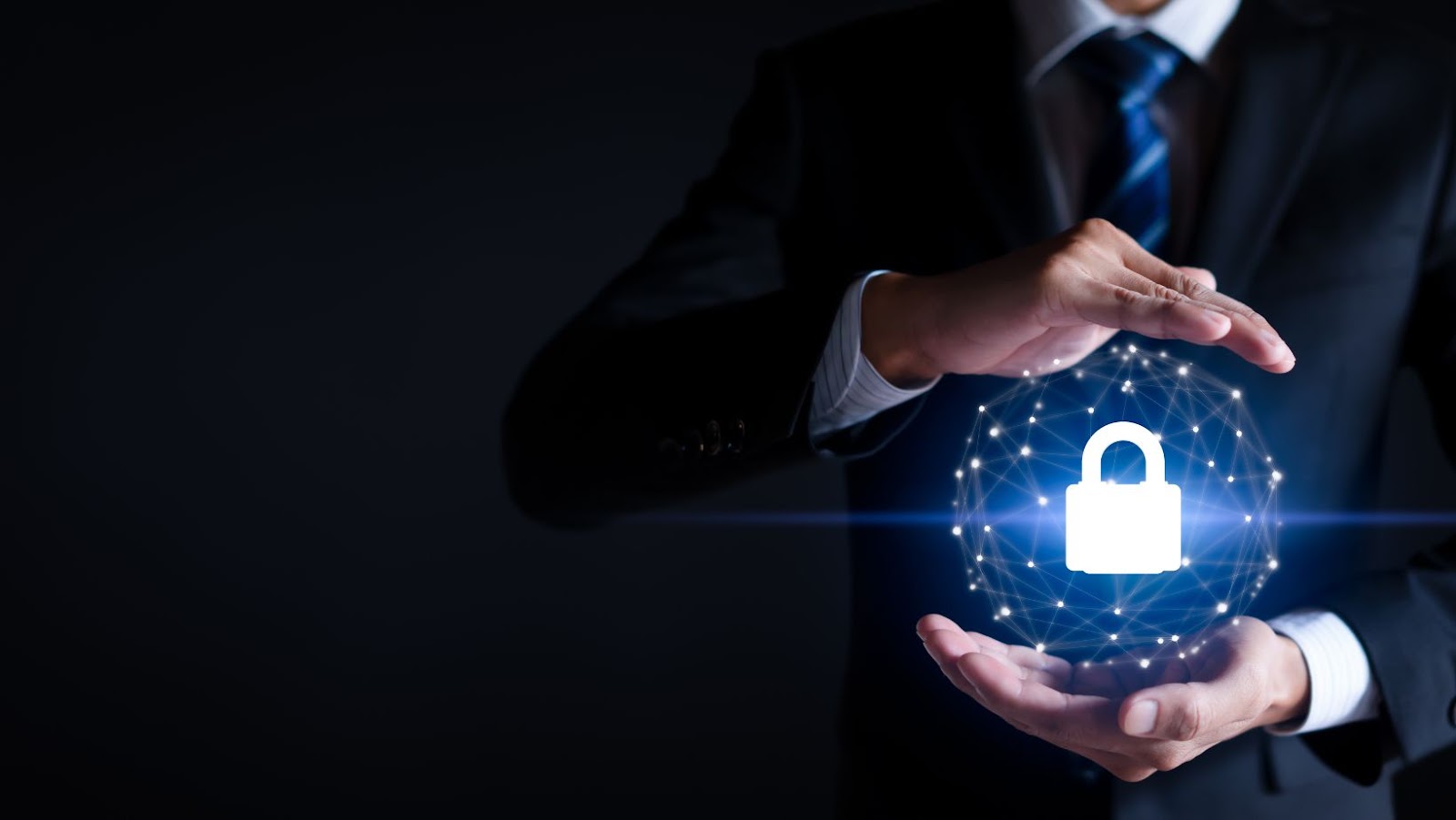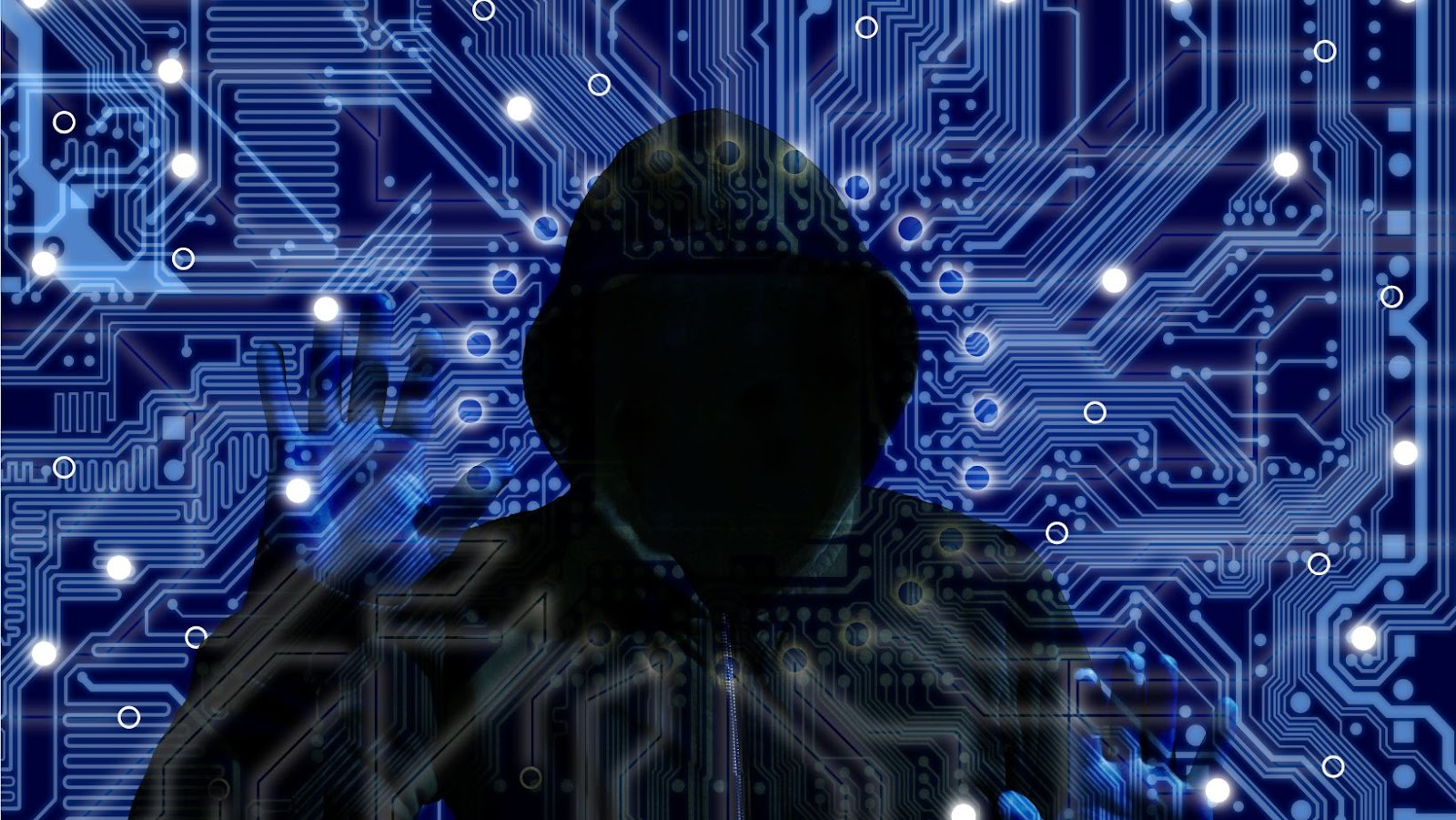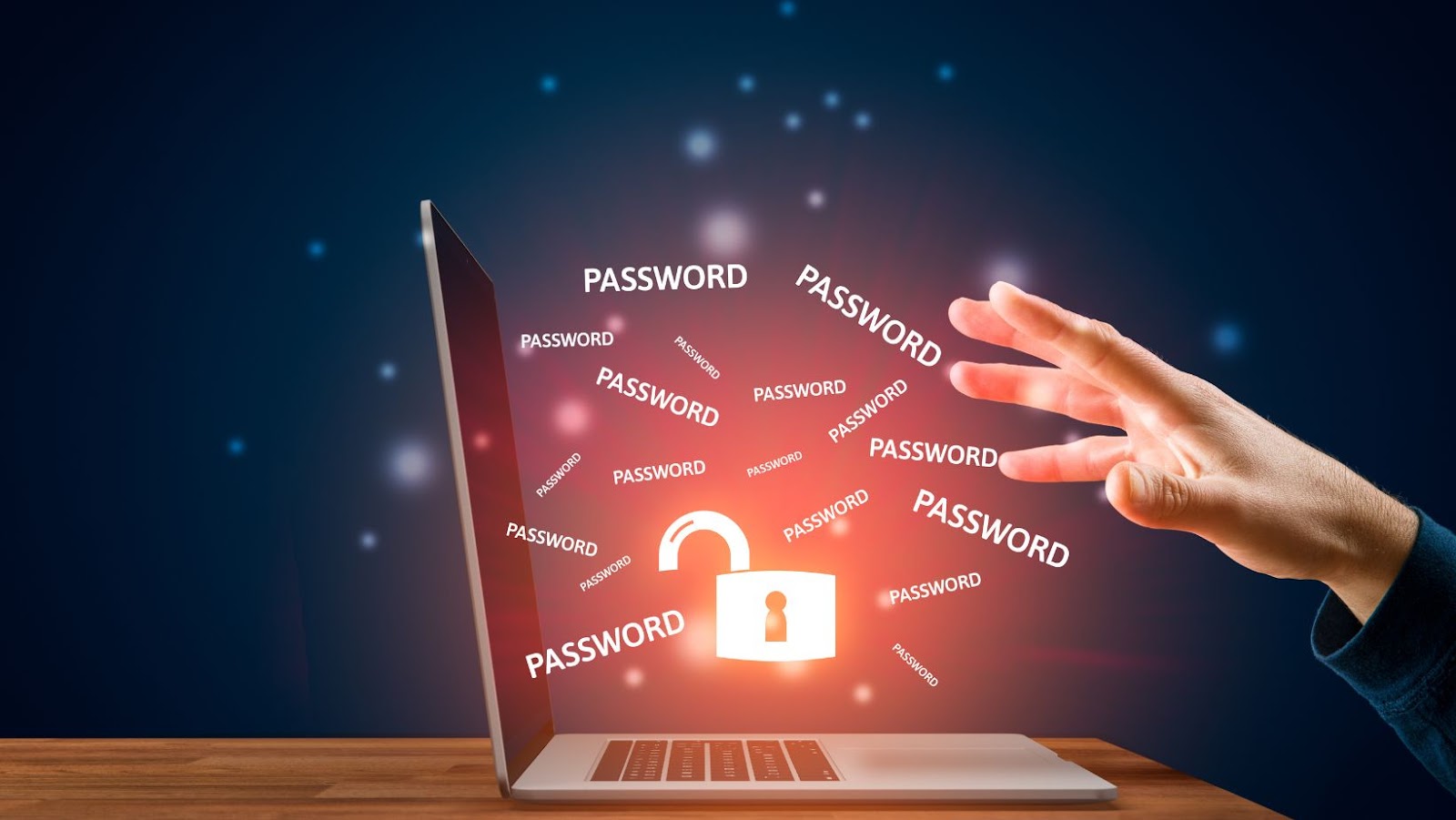In today’s interconnected world, we rely more than ever on digital technology to carry out tasks and stay connected with others. This reliance, however, also makes us more vulnerable to malicious attacks on our personal and business information stored online. This is where cybersecurity comes in.
Cybersecurity measures are designed to protect our devices, networks, and sensitive information from unauthorized access and use by cybercriminals. Nowadays, it’s not uncommon for hackers to gain access to our personal information and use it to steal our identities or access sensitive company data. Therefore, protecting ourselves and our digital assets with the right cybersecurity measures is essential.
But why is cybersecurity so crucial? The answer is that the more we rely on technology to accomplish everyday tasks, the more information we transmit through those devices. Be it emails, credit card transactions, or even medical records, our digital lives contain a wealth of sensitive and valuable information. Cybersecurity helps to ensure that we can enjoy the benefits of technology without sacrificing the security of our data.
The Importance of Cybersecurity
As a society, we rely heavily on technology to facilitate communication, commerce, and information sharing. With the rise of digitalization, cybersecurity becomes increasingly important to prevent cyber-attacks that can devastate individuals, businesses, and even entire nations. In this section, I’ll discuss exactly why cybersecurity is so important in today’s world.
Protecting Sensitive Data
Sensitive data such as personal information, trade secrets, and national security must be protected from unauthorized access, theft, and manipulation. Cybersecurity measures such as firewalls, encryption, and multi-factor authentication can help prevent cyber-attacks from gaining access to this sensitive data.
Preventing Financial Losses
Cyber-attacks can also lead to significant financial losses for individuals and organizations. For example, companies can lose millions of dollars in revenue due to a data breach that exposes their customers’ sensitive information. On a personal level, cyber-attacks like identity theft could devastate the victim financially. By implementing cybersecurity measures, businesses and individuals can avoid these costly attacks.

Ensuring Operational Continuity
Another reason why cybersecurity is crucial is that it helps ensure operational continuity. Cyber-attacks can disrupt essential operations and services, leading to downtime, loss of productivity, and damage to a company’s reputation. Therefore, it is essential to implement cybersecurity measures such as regular backups, network monitoring, and patch management to prevent these disruptions from happening.
Adhering to Industry Regulations
Industry regulations such as HIPAA, GDPR, and PCI-DSS require businesses to implement cybersecurity measures to protect their customers’ sensitive information. Failing to adhere to these regulations can result in hefty fines, legal consequences, and a loss of reputation. Implementing cybersecurity measures helps businesses stay compliant with these regulations, ensuring that they avoid any legal troubles.
In conclusion, cybersecurity is important today because it protects against cyber-attacks that can lead to financial losses, damage to reputation, and legal troubles. Therefore, implementing cybersecurity measures to protect sensitive data, ensure operational continuity, and adhere to industry regulations is essential for individuals and organizations.

Why Cybersecurity
One of the main reasons why cybersecurity is essential in today’s digital age is the increase in cyber threats and risks. As more and more individuals and organizations store their sensitive information online, cybercriminals have become more sophisticated in their attacks. Cyber threats can come in many forms, such as malware, phishing scams, social engineering, etc.
In 2020 alone, over 56 billion cyberthreats were detected globally, with the cost of cybercrime reaching upwards of $1 trillion. This highlights the severity of the situation and the need for individuals and organizations to take cybersecurity seriously.
Below are some of the common cyber threats and risks that individuals and organizations face:
- Malware is software designed to harm computer systems, steal data, or gain access to systems.
- Phishing Scams: A social engineering scam that tricks individuals into divulging sensitive information or downloading malicious programs.
- Ransomware: A type of malware that kidnaps data and demands payment in exchange for the release of the data.
- Social Engineering: A cyber attack where criminals exploit human behavior by trick people into divulging sensitive information.
Cyber threats and risks do not discriminate; they can happen to anyone, anywhere, anytime. Therefore, taking the necessary steps to protect oneself and their organization from these threats is essential. This can be done by investing in cybersecurity software, conducting regular training and awareness programs, and ensuring that all systems are updated with the latest patches and updates.
In conclusion, being proactive about cybersecurity is essential to protect sensitive information and prevent costly cyber attacks. Individuals and organizations can take the necessary steps to mitigate potential damage by understanding the various cyber threats and risks.

As I mentioned earlier, the importance of cybersecurity cannot be overstated. Protection of your information is crucial in today’s digital age where cyber threats are more persistent than ever. In this section, we’ll discuss several ways that you can take to safeguard your data.
- Use Strong Passwords
One of the most basic security practices is creating strong passwords. Your passwords should be complex, lengthy, and include a mix of uppercase and lowercase letters, symbols, and numbers. Furthermore, it is recommended that you avoid using the same password for multiple accounts. You can use password management tools to store and generate complex passwords.
- Keep your Software Updated
Ensuring that your computer and mobile devices remain updated can prevent security vulnerabilities and protect you from potential threats. In addition, software updates often include important fixes and improvements that strengthen your system and help protect your information. Therefore, it is important to regularly check for available updates and install them as soon as possible.
- Be Vigilant Against Phishing
Phishing scams are one of the most common tactics cybercriminals use to trick people into giving away their sensitive information. So be wary of suspicious emails, messages, or links that ask for personal or financial details. Always verify the sender’s identity and if you’re unsure of the legitimacy of a message or link, don’t click on it.
- Take Advantage of Two-Factor Authentication
Two-factor authentication, also known as 2FA, is an extra layer of security that verifies your identity and password. It typically involves an additional token such as a text message or an authentication app. This can prevent unauthorized access to your accounts and provide additional protection to your sensitive information.
These simple but effective steps can greatly reduce your chances of falling victim to cybercrime. By prioritizing your cybersecurity, you’re taking a proactive approach to safeguarding your information. Remember, cybersecurity is important and it is up to you to protect your valuable data from possible threats.

